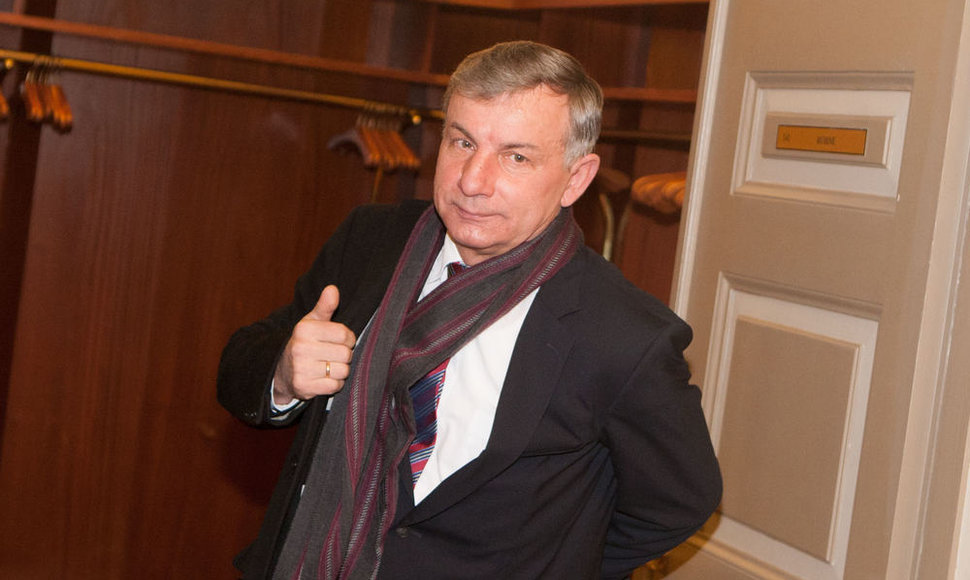However, Rimantas Sinkevičius admits that recurrent warnings voiced by Belarusian representatives to the effect that that Minsk might shift its cargo flows to other ports do raise concern.
“I cannot say that we will buy love and friendship with economic concessions. We want to make money, too, including the railway company, the stevedoring companies and everyone involved in transit. I think that freight tariffs should be similar in all directions, which is something to discuss with our Baltic sisters, too. The rates shall be competitive. On the other hand, Lietuvos Geležinkeliai (Lithuanian Railways) should not necessarily be the first to have the shirt off its back since the transit tariff consists of a series of components, including reloading, rail, customs, and freight. It shall be considered in its entirety,” Sinkevičius said in an interview with BNS.
He admitted that statements by Belarusian President Alexander Lukashenko that his country might shift its cargo shipped via the Baltic States’ seaports to northern seaports in Russia or to southern ports in Ukraine raised concern. On the other hand, the minister does not believe that the warnings will materialize. Still, Lithuania is trying to diversify the structure of transit cargo.
“Certainly, the statements by the Belarusian leader that the cargo flows may be shifted northward, to Russia’s ports, or southward, to the Black Sea ports, raise concern. However, huge infrastructure is necessary in order to reload large volumes of cargo. Moreover, well-established mutual relations are a certain value, and it takes time, efforts, and money to create new relations. I do not think that the entire flow will be shifted all of a sudden, although anything may happen when such methods of governance are used,” Sinkevičius said.
“We are trying to look for cargo not just in Belarus or Russia, but also in Central Asia, I mean, Azerbaijan, Kazakhstan. It may not be our salvation since the volumes are not adequate. But we seek and will continue to seek to diversify the cargo,” the minister said.
Sinkevičius said that he had promised to Vladimir Drazhin, Belarusian Ambassador to Lithuania, that Lithuania would continue to provide high-quality services to Belarus.
Lukashenko has stated recently that Belarus is holding talks with Russia’s and Ukraine’s ports on cargo shipments and, once the agreement on the tariffs is reached, Minsk will have an alternative to Lithuania.
Belarusian leaders and official representatives have repeatedly hinted that Minsk may reduce the flows of its cargo transported via the port of Klaipėda.
Eugenijus Gentvilas, former CEO of Klaipėda Port Authority, once said that this was a pressure tool used by Minsk to have the tariffs reduced.
Meanwhile, the Baltic foreign ministers expressed hope that Belarus would rely on economic and not political arguments when and if actually taking any decision on the shifting of its cargo flows away from the Baltic countries.












